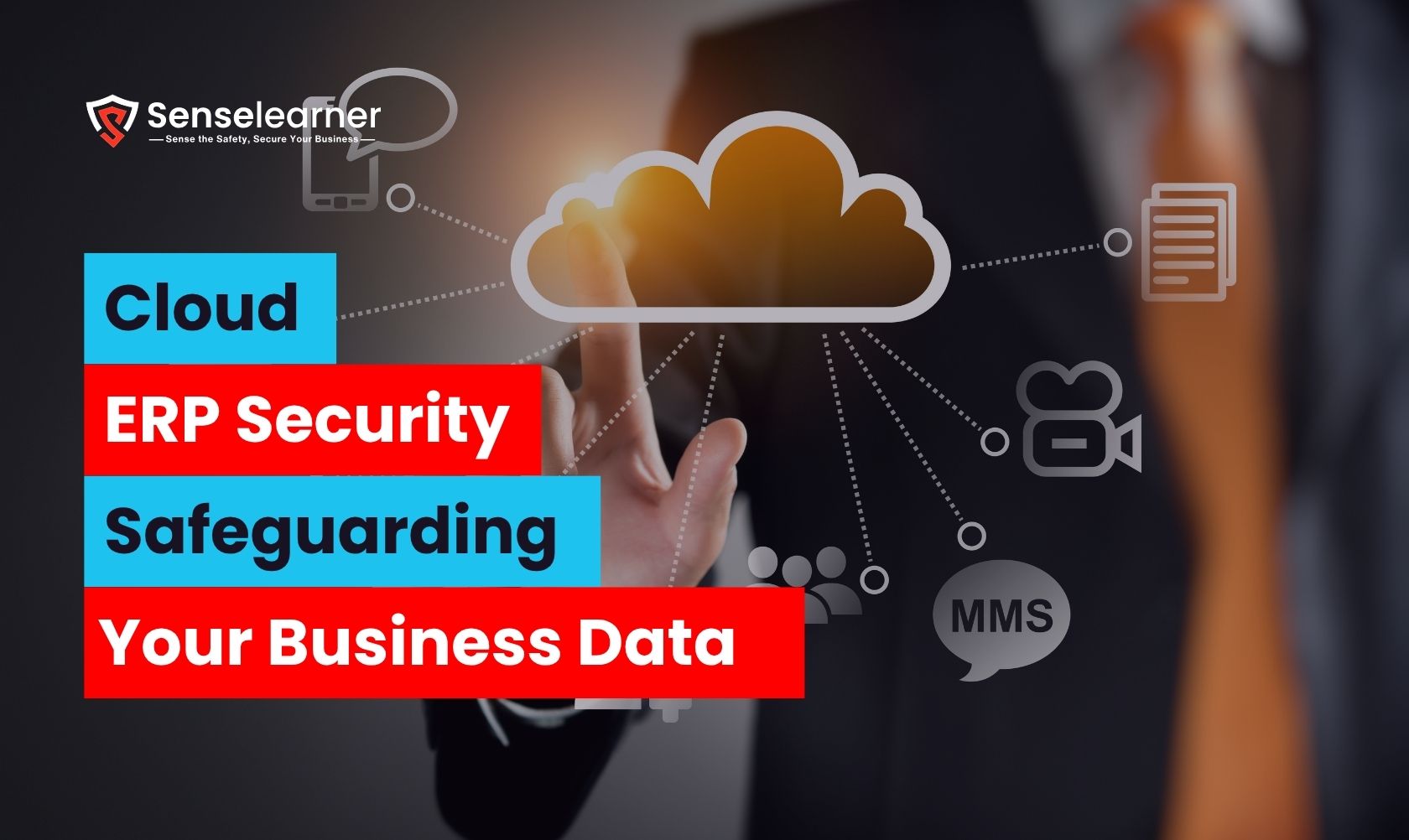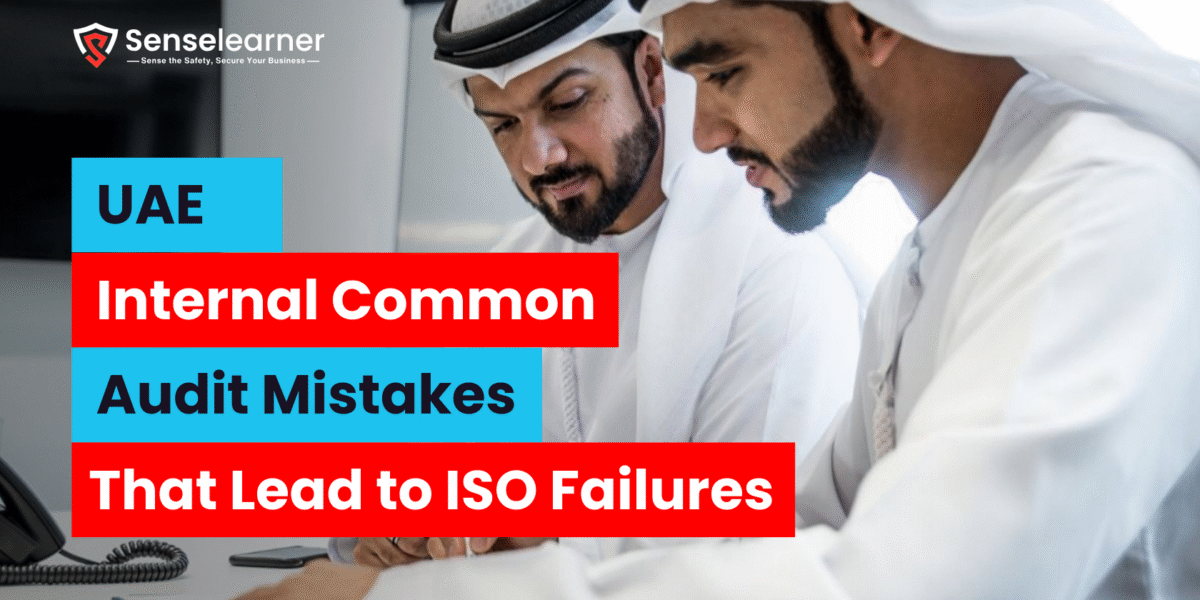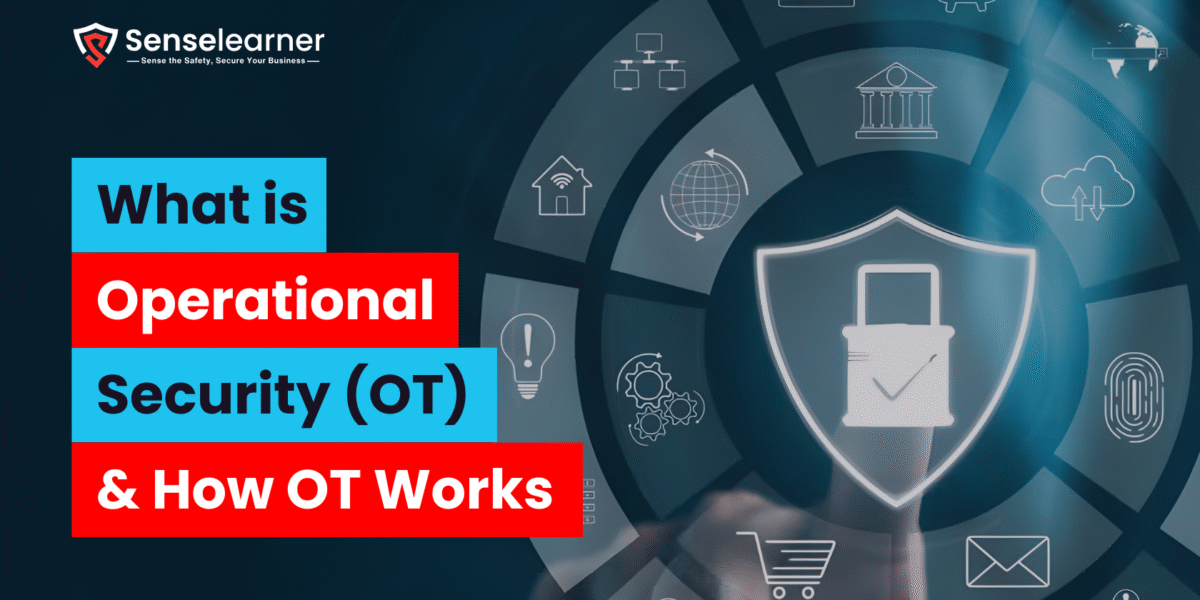Table of Contents
With the rise of companies using cloud-based ERP solutions for operational efficiency, securing these systems has become crucial. A cloud ERP system is responsible for storing and managing essential business data such as financial records, customer information, and supply chain details — which makes it a key target for cyber threats. By conducting a thorough security assessment, organizations can identify vulnerabilities, implement best practices, and confirm adherence to regulations. This article examines the crucial role that a cloud ERP security assessment, when performed effectively, plays in safeguarding sensitive information and ensuring business continuity in an increasingly digital world.
What are the main Security Risks in Cloud ERP?
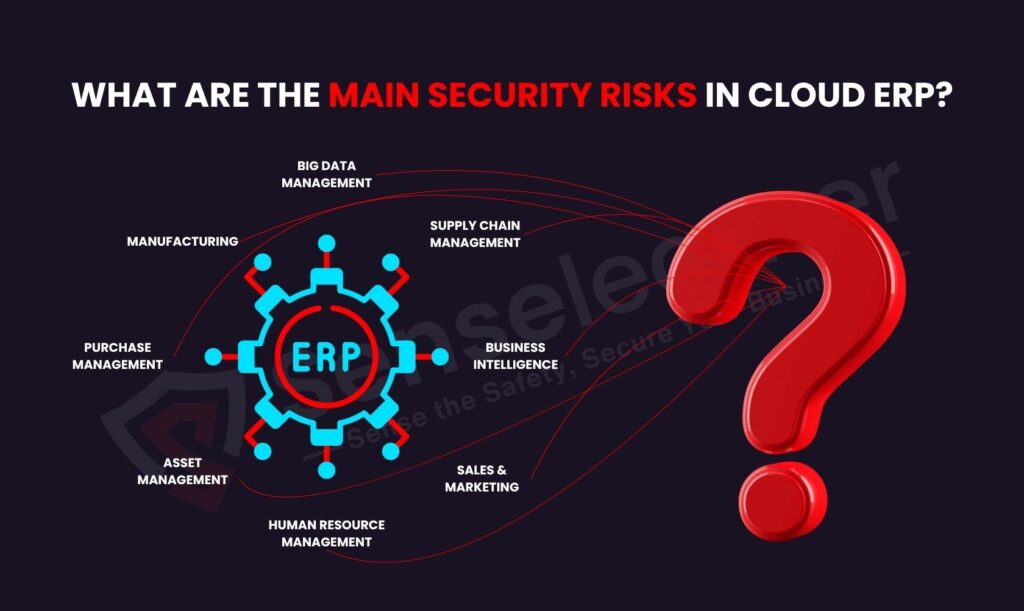
Cloud ERP systems provide flexibility and efficiency; however, they also pose significant security risks. A key worry is data leakage, which can occur when sensitive business information is exposed because of inadequate access controls or misconfigurations. Another danger is hacking attempts, as cybercriminals frequently aim for cloud platforms to take advantage of weaknesses and obtain unauthorized access. System integrity can also be compromised by insider threats, regardless of whether they are intentional or unintentional. Without adequate encryption and authentication methods, vital data could be intercepted or altered.
How Cloud ERP Systems keep your data safe
Cloud ERPs have several innovative ways to keep your data secure. Encryption is a key feature, scrambling your info so only those who should see it can. Even if someone nabs the data, it’ll be unreadable to them. Firewalls and monitoring tools constantly watch for and stop anything dodgy, like digital bouncers for your info, keeping out hackers and malware. Cloud ERPs often use multi-factor authentication—proving who you are in more than one way—to make logins safer and keep out unwanted people. Cloud ERP systems make things safer by using login stuff like multi-factor authentication. Basically, folks have to prove who they are in a couple of ways to get in.
Also Read 7 Cloud Security Tools
Controlling who can access what in your ERP
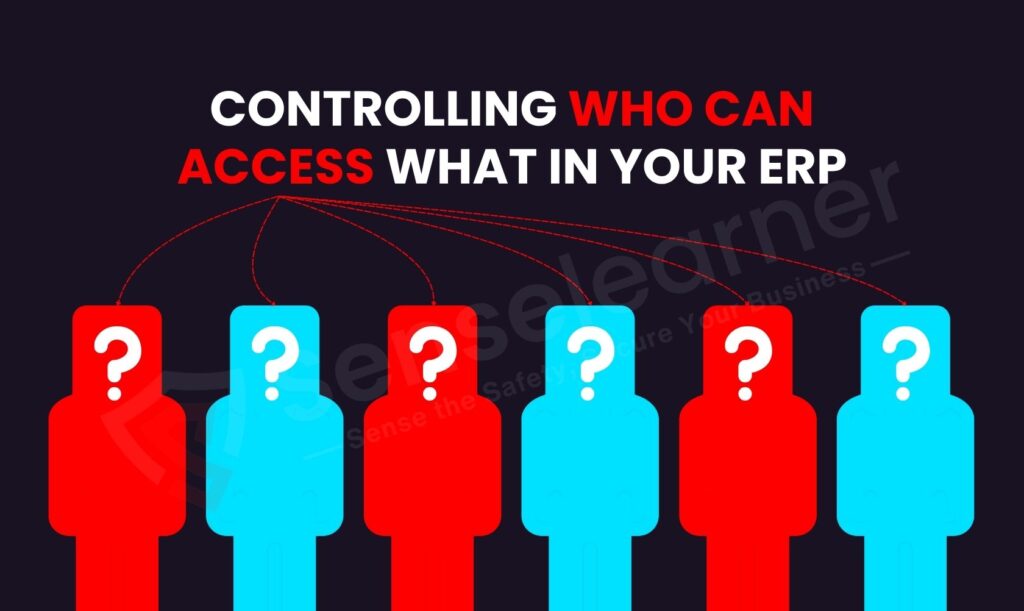
It is extremely crucial to watch who gets into a cloud ERP system so private stuff stays safe. The way to do it is with roles and permissions. This means giving people access only to what they absolutely need to do their jobs. A salesperson, for instance, shouldn’t be poking around in payroll info unless there’s a really good reason. Logging in with passwords or using multi-factor authentication makes sure only authorized people get in. Access controls like these cut down on mistakes, keep data from being exposed, and lower the chances of unauthorized folks messing things up.
Keeping your Data private and encrypted
Cloud ERP systems keep your info safe with something called encryption. Basically, it turns your data into a secret code, so only people with the right key can read it. if a hacker gets in, they’ll just see a bunch of encrypted information. Encryption keeps your data safe in two ways: when it’s stored and when it’s being shared online. Let’s say you put customer info into a cloud ERP system. Encryption encodes it up. So, even if someone tries to grab it while it’s being sent or stored, all they’ll see is a mess of letters and numbers – unless they have the key to unscramble it.
Meeting legal and compliance requirements
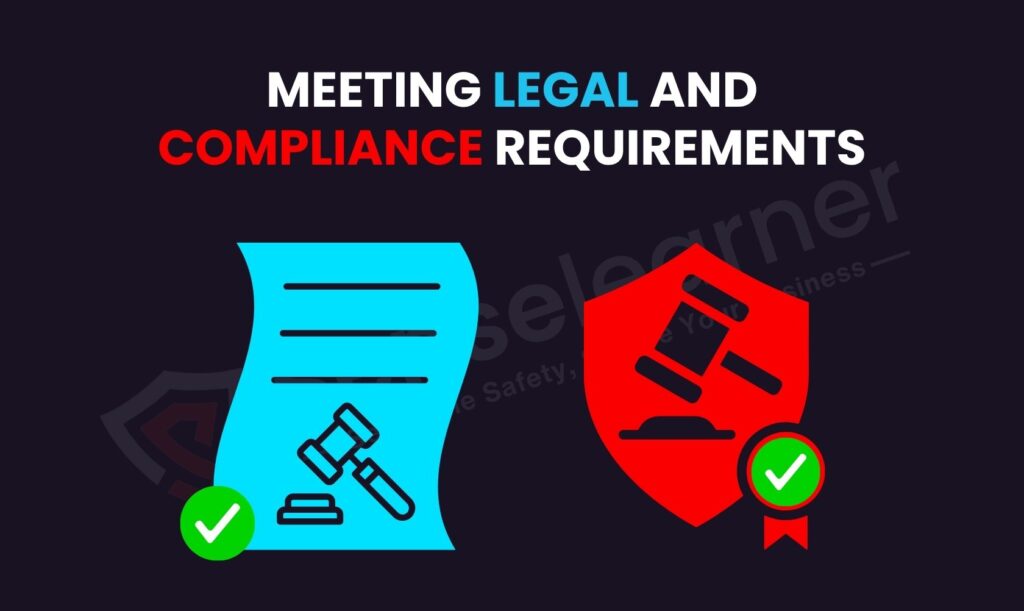
When companies put their data in the cloud, they must follow guidelines to keep everything secure and private. These rules, which we call compliance requirements, change based on the type of data they’re dealing with and where they’re located. Think of laws like GDPR, HIPAA, or ISO standards – they tell you exactly how to handle personal or sensitive data. Cloud ERP systems give businesses a hand by including things like data encryption, who gets to see what, and regular check-ups. Sticking to these rules not only keeps data safe, but it also helps build trust and keep them out of trouble with the law.
Checking for Weak Spots: security testing in ERP
Checking the security of a cloud ERP system is advisable to keep your data safe and your system working well. It’s like a regular checkup, spotting things that could let hackers in. These tests examine how you log in, who can see what, how data is protected, and how the software acts to verify everything is safe and sound. If the tests find any problems, they can be fixed before attackers get to them. This stops data from being lost or the system from crashing, and it prevents other security problems. Regular testing also helps the system keep up with new threats to ensure it can handle them. By catching and fixing things early, security testing keeps the cloud ERP system protected and ready to safeguard your business data.
Planning for data breaches and system failures
Keeping your cloud ERP system safe means being prepared for worst-case scenarios, like data breaches or system crashes. Things happen, so you need a solid backup plan. This means regularly backing up your data and keeping it somewhere safe so you can get it back fast if disaster strikes. You should also have a plan for what to do when things go wrong – who to call, how to fix it, and how to keep things running. By planning ahead, businesses can bounce back quicker, keep damage to a minimum, and avoid big disruptions.
Visit Reasons to choose managed security services.
Choosing a Safe and Trustworthy ERP vendor
Choosing a cloud ERP vendor you can trust is key to keeping your info and business safe. A solid vendor should have tight security, things like encrypting your data, secure logins, and updates to keep things secure. Also, see if they stick to security standards and laws, like ISO or GDPR. Find vendors that give clear support, back up their systems regularly, and have a track record of keeping customer data safe. Read reviews, ask about their security rules, and see how they handle problems. All this can help you pick a vendor that’s both smart and safe.
Also visit ERP Security
Which factors should I consider when selecting a secure cloud ERP provider?
Seek out suppliers that provide robust data protection features such as encryption, multi-factor authentication, and routine security updates. Additionally, verify their compliance with legal regulations and industry standards such as ISO 27001 or GDPR.
How can I tell if an ERP vendor is serious about security?
Feel free to inquire about their security policies, strategies for data backup, and methods for managing security incidents. A reliable supplier will be transparent regarding their safety precautions and offer straightforward responses.
